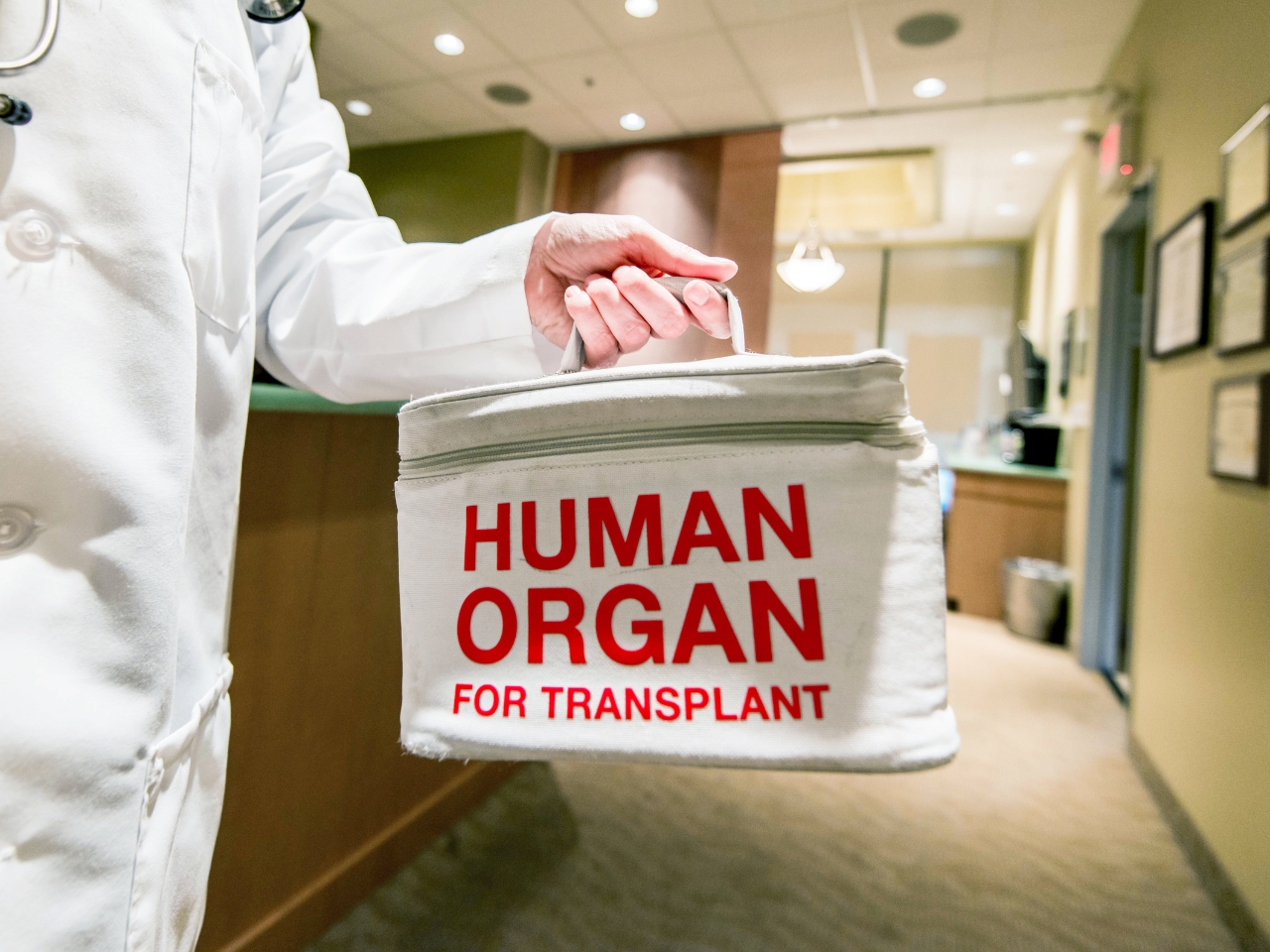Organ transplant departments provide a life-saving solution for patients suffering from end-stage organ failure. The success of an organ transplant depends on many factors, including the availability of suitable donor organs, the medical expertise of the transplant team, and the patient’s ability to withstand the procedure and recover post-surgery.
Sids Hospital is considered one of the best organ transplant hospitals in Surat as it is composed of highly trained specialists including transplant surgeons, transplant coordinators, transplant nurse specialists, and transplant immunologists who work together to ensure the best possible outcome for patients. The transplant surgeons perform complex surgeries to replace damaged or failing organs with healthy ones, while transplant coordinators are responsible for coordinating the procurement and allocation of donor organs.
Transplant nurse specialists provide comprehensive care for patients before, during, and after the transplant surgery. They play a crucial role in ensuring that patients are medically stable for transplantation and provide ongoing care to help prevent complications. Transplant immunologists are responsible for managing the patient’s immune system, which is essential in preventing transplant rejection.
As an Organ transplant department, we adhere to strict regulations and standards to ensure the safety of both the donor and the recipient. The process of obtaining and allocating donor organs is regulated by national and international laws and guidelines, which are constantly evolving to improve patient safety and outcomes.
In conclusion, the organ transplant department is a critical component of our hospital as it provides a life-saving solution for patients with end-stage organ failure. The department is staffed by a highly trained and experienced medical team who work together to ensure the best possible outcome for patients which makes Sids Hospital the best hospital for organ transplant. The importance of organ transplant departments cannot be overstated, and their impact on improving the quality of life for patients with end-stage organ disease is immeasurable.
Organ transplantation can bring numerous benefits to patients suffering from end-stage organ failure, including:
- Improved Quality of Life: Transplantation can restore the function of a damaged or failing organ, allowing patients to return to their normal activities and improve their overall quality of life.
- Increased Life Expectancy: Organ transplantation can save the lives of patients with end-stage organ failure, providing them with a chance to live a longer, healthier life.
- Improved Physical Functioning: By replacing a damaged or failing organ with a healthy one, patients may experience improved physical functioning, such as increased energy levels and reduced pain.
- Reduced Dependence on Medical Technology: Patients with end-stage organ failure often rely on medical technology, such as dialysis or ventilators, to stay alive. Transplantation can reduce or eliminate this dependence, allowing patients to lead more independent lives.
- Improved Mental Health: The physical and emotional toll of living with end-stage organ failure can be significant. Transplantation can improve patients’ mental health by restoring their physical health and allowing them to live a more fulfilling life.


 Book Appointment
Book Appointment.png) Video Consultation
Video Consultation


